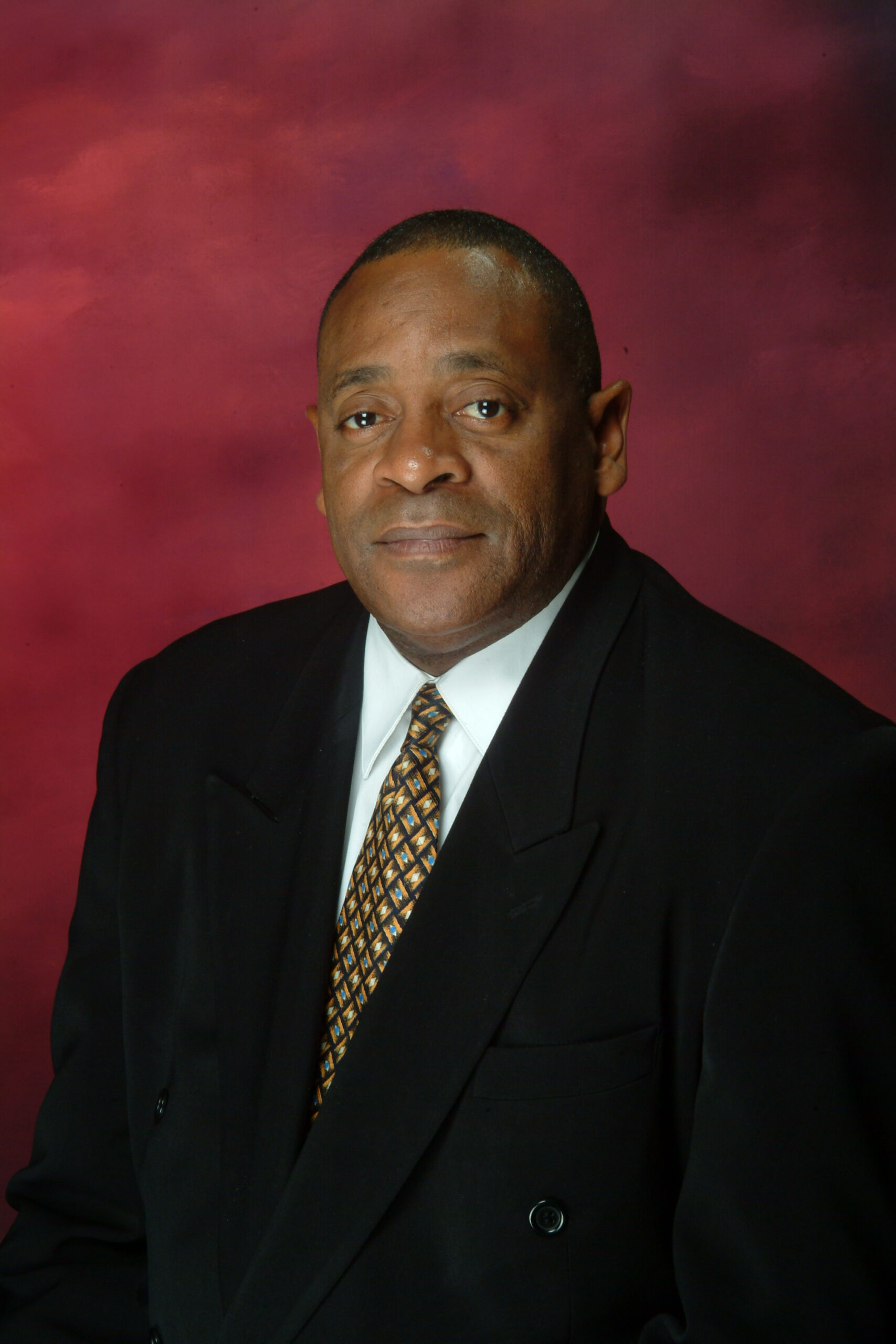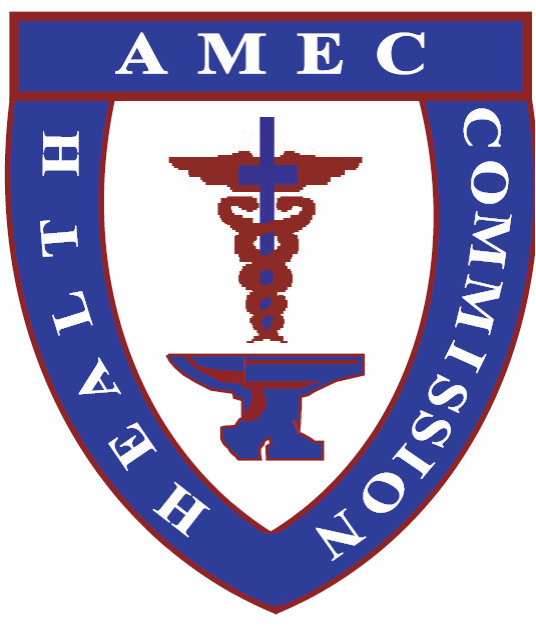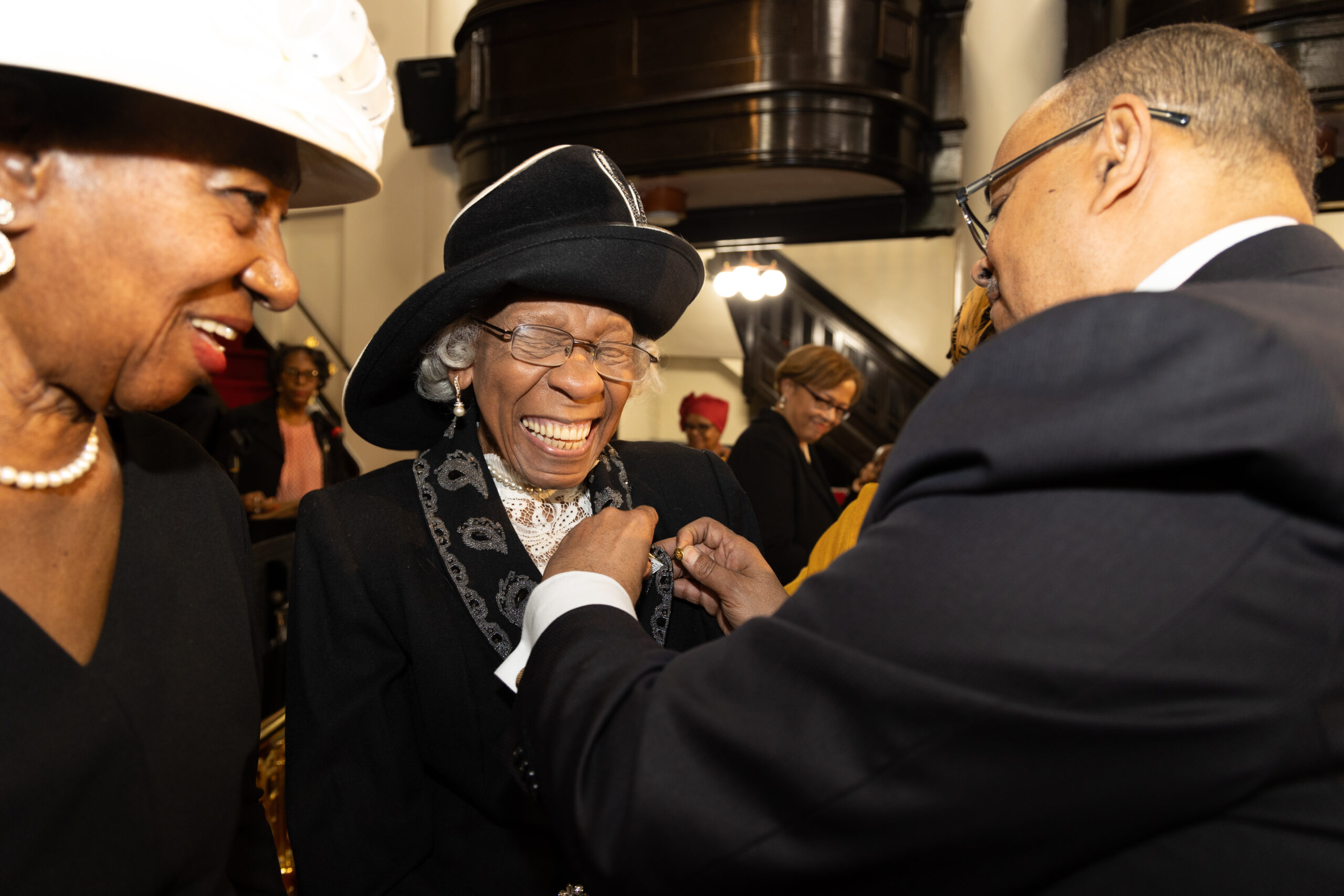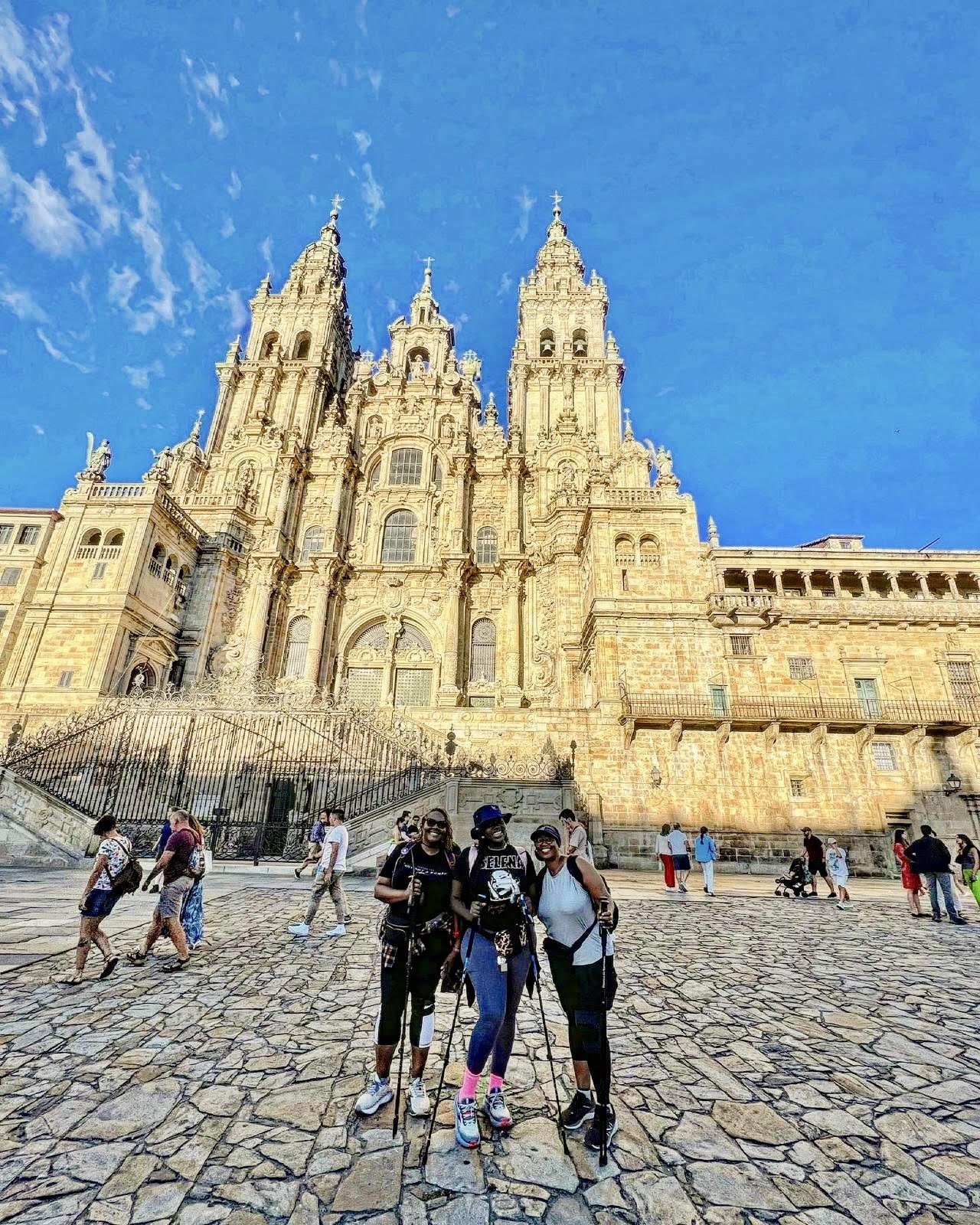By Rev. Samuel Williams, Jr., Contributing Writer
What many Americans feared came to fruition when the conservative Supreme Court–heavily influenced by former President Donald Trump’s selections, ruled 5-4 on June 24, 2022, in Dobbs v. Jackson Women’s Health Organization (JWHO) that the Constitution of the United States does not confer a right to abortion. The Dobbs case reversed the Roe v. Wade decision even though the Roe v. Wade decision was based on the 14th Amendment. In 1973, a liberal Supreme Court voted 7-2, ruling that a woman is entitled to privacy in the matter of abortion and was not subject to federal or state laws. However, with the 2022 ruling, the Supreme Court turned the ability to rule on abortion back to the states. This reversal will affect women nationwide, but none will feel the impact as adversely as Black women and Black clergywomen are unhappy.
The Rev. Constance Wheeler, who served formerly as a senior pastor at St. Paul African Methodist Episcopal Church in Northwest Washington, District of Columbia (USA), called the reversal “bad for Black women.”
“In my opinion, the reversal is atrocious and full of government control and should not have been allowed,” Wheeler said. “Over the past years, women who faced pregnancy due to rape, incest, or an unwanted [pregnancy] had the option to make their own decision about abortion. Now 50 years later, women’s bodies are being controlled by the state.”
The Rev. Danielle Hipkins, senior pastor of St. Luke AME Church in Ellicott City, Maryland, believes the reversal could lead to problems.
“My response is simply: What’s next? Interracial marriage, voting rights, segregation, slavery! I serve a God [who] graciously gives us a choice and free will! How dare we take that away from others? Whether you agree with abortion or not: my body, my choice; your body, your choice!
Here is the real statistical issue. A disproportionately high percentage of abortions occur within the Black community. According to information from the Centers for Disease Control and Prevention, in 2019, the abortion rate was 23.8 per 1,000 Black women compared with 6.6 per 1,000 white women. The data was reported by 29 states and Washington, District of Columbia.
The data is more staggering in the south. In Tennessee, Black women accounted for about half of the 8,727 abortions in 2019, according to state records analyzed by the Kaiser Family Foundation. That year, Black women had two-thirds of the abortions in Alabama and Georgia.
Charlene Howard, a Catholic lay leader and member of St. Teresa of Avila Parish in Washington, District of Columbia, also voiced disappointment.
“First and foremost, all life is from God; therefore, human life in all its stages has dignity and value. This is a consistent ethic of life (womb to tomb). The Supreme Court’s decision has left me numb since it is one entangled in political agendas within our government and our religious denominations. This ruling highlights the delicate, personal and intersectional “-isms” of race, economics, gender, etc. that are now more complicated due to its issuance.”





